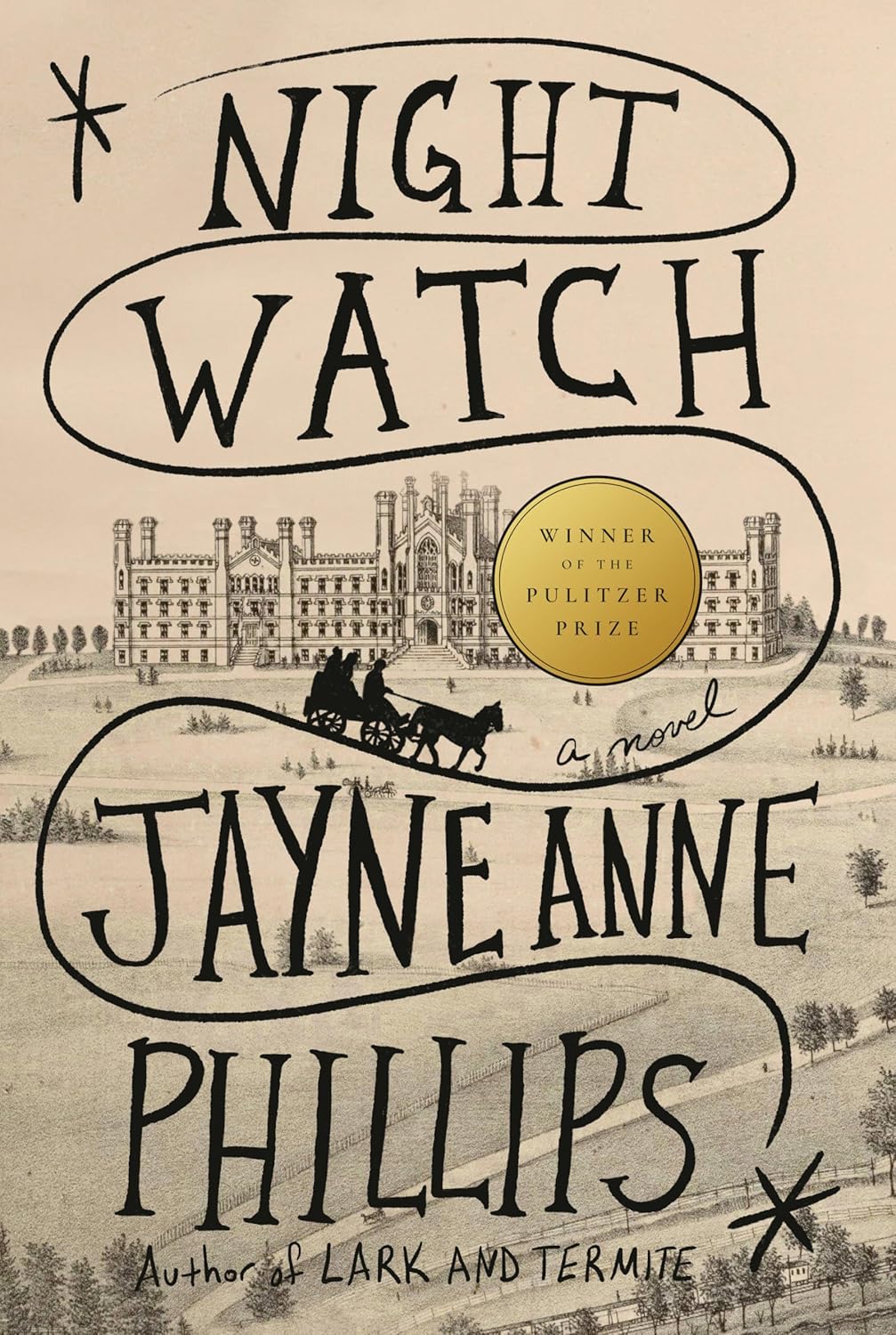The world of literature is rife with mysteries and enigmas, and one of the most captivating manifestations of this phenomenon is the interplay of light and shadow that emerges from the pages of the “Night Watch.” This gripping exploration transcends mere storytelling, inviting readers to engage with profound themes and latent reflections of human experience. As we delve into the heart of this narrative, we find ourselves not just observers, but participants in an intricate tapestry woven of fear, hope, and the vagaries of time.
At its core, “Night Watch” presents a unique premise that captivates readers: a city silhouetted under the veil of darkness, where every corner whispers secrets and every streetlamp casts an illuminating glow on the unseen. The setting is not merely a backdrop; it serves as an extension of the protagonist’s psyche. The author masterfully constructs a world where shadows dance, echoing the internal conflicts and moral ambiguities faced by the characters. The nocturnal ambiance breathes life into the narrative, becoming a living entity that influences decisions and shapes destinies.
The principal character, with whom we journey through the darkened streets, embodies the quintessential struggle between duty and desire. As the night unfurls, so too do the layers of complexity entwined with their motivations. It is in this chiaroscuro realm that readers glean an understanding of the weight of expectation versus the allure of liberation. This duality resonates with a universal truth: humans grapple with the dichotomy of self; the fervent battle between the individual and societal constraints often leads to a compelling narrative arc.
The notion of a “night watch” evokes a sense of vigilance, suggesting both a protective role and a burden of oversight. The characters are not simply passive inhabitants of their world; they are engaged in an ongoing watch over their surroundings, and, more crucially, over themselves. This introspection gives way to the thematic exploration of existential dread. What does it mean to truly see? To be awake during the darkest hours? In observing the unseen, one cannot help but confront their own shadows – memories, regrets, and hopes – that linger just beyond the flickers of illumination.
Moreover, the author artfully incorporates social commentary throughout the novel. Through their keen observations of the city’s inhabitants, we witness the myriad ways individuals respond to adversity. The blending of personal and societal narratives contributes to a compelling discourse on the human condition. Readers may find themselves reflecting on the trials that define them, the hopes that sustain them, and the societal structures that often dictate their paths. In this manner, “Night Watch” transcends its fictional boundaries, becoming a mirror reflecting the complexities of life.
The underlying motif of darkness serves as a catalyst for change. It is both an adversary and a teacher, offering lessons learned in the crucible of hardship. Characters evolve, with their nighttime escapades often leading to transformative moments of clarity. Each encounter illuminates the tapestry of interrelations, highlighting the interconnectedness of the human experience. The oscillation between despair and redemption engages the reader on a cerebral level, urging us to dissect our own narratives and the forces that influence our choices.
It is worth noting that subtle yet significant relationships develop within the nightlife of the city. Friendships, betrayals, and romances flourish under the cover of darkness, painted with the brushstrokes of duality—trust juxtaposed with secrecy, love laced with jealousy. The nighttime escapades symbolize both liberation and the haunting presence of the past. As the narrative unfolds, relationships become paramount in shaping the protagonists’ journeys, offering poignant reminders of the bonds that tether us to one another and the delicate balance between intimacy and solitude.
As readers traverse the vivid landscape of “Night Watch,” the author challenges us to confront uncomfortable truths. It’s a dare to explore what lies beneath the surface. This novel invites a profound evaluation of perceptions—both of ourselves and others. The shadows that lurk in our lives may often harbor untold stories, waiting for the light of understanding to unveil their significance. The intimacy of night forces introspection and contemplation; it beckons us to question our beliefs, our fears, and our motivations.
In conclusion, the allure of “Night Watch” is multifaceted, blending atmospheric storytelling with deep philosophical implications. The nocturnal realm it constructs serves not only to enchants but also to provoke. Through the characters’ journeys, we are implored to examine the choices we make in the light and the darkness, to reflect on the harshness and tenderness inherent in human existence. It is a story that lingers in the mind long after the last page is turned, echoing the sentiment that to exist is to confront the night in all its forms. As we close the book, we are left with a lingering question: What shadows lie within us, waiting for a watchful eye to bring them into the light?
